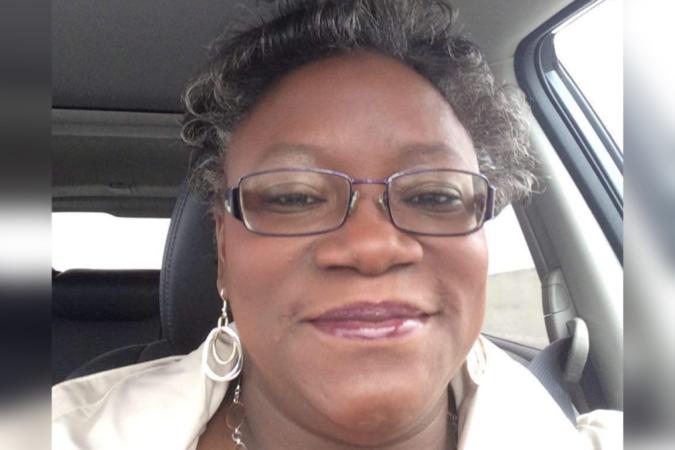There’s a long, storied history of Black people, especially Black women, being mistreated by doctors and hospital staff while in their care. This issue of racial bias has been a factor in many deaths of Black people — including most recently Dr. Susan Moore.
Dr. Moore passed away on Dec. 20 at 52-years-old as a result of COVID-19 complications, but according to her documented complaints, her death could’ve been prevented.
Prior to her passing, Dr. Moore posted a nearly eight-minute video on Facebook detailing her accounts of inadequate treatment from white medical staff at Indiana University Health, where she was being treated as a patient for COVID-19 symptoms and pain management.
This is Dr. Susan Moore.
She posted a FB video reporting denial of adequate treatment for COVID-19 and pain management by white medical staff at @IU_Health and pleading for help.
She was discharged.
After readmission to a different hospital, she died.https://t.co/PnZOwG3bA5 pic.twitter.com/C66WQPNJtP
— Leah McElrath (@leahmcelrath) December 22, 2020
Dr. Moore began reporting her frustrating experience in IU Health’s care on Dec. 4, which followed up with multiple updates where she said there were delays in her treatment and diagnosis that were ultimately motivated by the color of her skin, USA Today reports.
According to The New York Times, Dr. Moore stated that her doctor told her he felt uncomfortable giving her more narcotics and suggested that she would be discharged from the hospital.
“I was crushed,” a teary-eyed Moore said of the doctor’s refusal to provide her pain medication for her symptoms. “He made me feel like I was a drug addict. And he knew I was a physician. I don’t take narcotics. I was hurting.”
Even after expressing how much agony she was in, Dr. Moore had to receive a CT scan hours later just to prove that the medication she requested was needed to subdue her pain.
Dr. Moore shared in her Facebook updates that she was reporting and speaking out about her mistreatment so this kind of racial bias in healthcare would not be overlooked.
“I put forth and I maintain, if I was white, I wouldn’t have to go through that,” she said in the video. “This is how Black people get killed, when you send them home and they don’t know how to fight for themselves. I had to talk to somebody, maybe the media, somebody, to let people know how I’m being treated up in this place.”
After IU Health sent Dr. Moore home on Dec. 7, she ended up back in a hospital bed at Ascencion-St. Vincent just 12 hours later.
Although she was receiving better care at this hospital, Moore said shortly after she was discharged she experienced a spike in her temperature and drop in her blood pressure, USA Today shares.
“Those people were trying to kill me. Clearly everyone has to agree they (discharged) me way too soon,” she wrote of IU Health in her Facebook updates. “[Ascencion-St. Vincent] is now treating me for a bacterial pneumonia as well as Covid pneumonia. I am getting very compassionate care. They are offering me pain medicine.”
After Dr. Moore’s video and updates went viral following her death, Dennis Murphy — head of the hospital system at IU Health — released a full statement addressing her claims citing that her nursing staff may have been “intimidated” by her.
“I also saw several human perspectives in the story she told – that of physicians who were trying to manage the care of a complex patient in the midst of a pandemic crisis where the medical evidence on specific treatments continues to be debated in medical journals and in the lay press,” he said. “And the perspective of a nursing team trying to manage a set of critically ill patients in need of care who may have been intimidated by a knowledgeable patient who was using social media to voice her concerns and critique the care they were delivering.”
America’s issue of systemic racism with communities of color has been tied to the healthcare system far before the COVID-19 pandemic.
Dr. Moore’s chronicled experiences have lit another fire under the healthcare system and more accountability needs to be held to further prevent these kinds of racially-motivated deaths.

